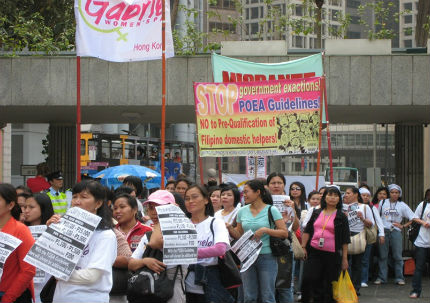ISJCR’s first online seminar tackles democratic remittances

By Christelle Barakat
The Institute for Social Justice and Conflict Resolution (ISJCR), in collaboration with the Department of Social Sciences, held its first online seminar titled Democratic Remittances: Mapping Out a Multi-Layered Perspective on April 10.
The event featured Senior Lecturer at the University of Freiburg Stefan Rother, who talked extensively about research in the new and under-researched field of democratic remittances.
In her opening speech, ISJCR Director Tamirace Fakhoury drew a new line of thought related to remittances through the addition of an immaterial layer that of democracy and politics. She emphasized the importance of exploring ideas, norms, and values that migrants diffuse transnationally, and how these “ideational transfers” emphasize processes of politics on the ground.
For his part, Dr. Rother said that “while it was generally common to speak of tangible, material remittances of an economic nature, the concept of intangible and immaterial remittances was controversial.” He added that theorists on political and democratic remittances were being accused of “overstretching the conceptualization of remittances.”
He stressed the importance of research on democratic remittances in relation to the literature, reaffirming that development is more than economic in nature: It is also about individuals, human development and democracy.
Dr. Rother then outlined the multi-layered interaction between migration and democratization and spoke of the need to look at actors within each level.
“We cannot look into the minds of people and it is indeed hard to check for causality, but what we can do is look at ideas and the practices of diffusion along with the utilization of resources.”
When it comes to the research approach, Dr. Rother advised a mixed method approach bridging between quantitative and qualitative methods of research. Acknowledging that correlations and quantification were important, however, field work and interaction with migrant stakeholders provide more in-depth insights into their thinking, reasoning and actions.
Dr. Rother’s work therefore focuses on investigating the political space of migrants for engagement, by examining the individual and collective liberties of migrants.
He presented a mapping showing how political remittances can take various forms – letters or phone calls – used by migrants to report their experiences within the country of destination. “Overall, ideas in this sense travel from the country of destination to the country of origin, politically awakening the populations within the country of origin,” he said.
In addition to democratic remittances, Dr. Rother spoke of authoritarian remittances giving the example of Pilipino migrants in Saudi Arabia, who are seeking stability and welfare benefits enjoyed by Saudi citizens. Furthermore, he argued that linkages between economic and political remittances could speed up the process of diffusion and politicization.
Concluding in lecture, Dr. Rother called for migrants to be represented at the tables of conversation, saying that “everybody affected by a policy should have a say in that policy.”